Ms. Luong Thoa , Tam Hiep ward, Bien Hoa city
Dr. Dang Xuan Nguyen , Chairman of the Professional Council of Hanoi - Dong Nai Eye Hospital answered:
 |
| Dr. Dang Xuan Nguyen, Chairman of the Professional Council of Hanoi - Dong Nai Eye Hospital |
Hello. Farsightedness is a type of refractive error that is less common in children than nearsightedness but causes more severe visual dysfunction.
Farsightedness is the lack of refractive power, causing the image of all objects to converge behind the retina, making the eye see blurry at both near and far distances. To see more clearly, the eye must always adjust to increase the refractive power to bring the image of the object forward and onto the retina.
Newborns are always farsighted and the farsightedness will gradually decrease as the child grows, this is called the process of correcting the farsightedness. By the age of 2-3, the farsightedness will be about 1-2 diopters and by school age, the eyes will no longer be farsighted.
In eyes with abnormalities such as an eyeball axis that is too short or a cornea that is too flat, the process of correcting the vision is not complete, and there will be farsightedness with different degrees.
Symptoms of farsightedness
Children often rub their eyes, have red eyes and watery eyes, and may develop strabismus.
Older children may complain of eye pain and blurred vision due to the constant need to accommodate, which can cause an imbalance between accommodation and convergence, leading to strabismus. The result is amblyopia (inability to see clearly despite maximum correction). Amblyopia can occur in both eyes or in one eye, especially in eyes with more severe farsightedness, reducing binocular vision functions such as not seeing stereoscopic images, determining the distance of objects accurately, affecting some future occupations.
Treatment of farsightedness
Wearing glasses must be accompanied by an active eye exercise regimen to reduce farsightedness. Children should be encouraged to engage in visual activities such as drawing, coloring, reading, etc. The purpose is to increase the refractive power of the lens, leading to a reduction in farsightedness (myopia-hyperopia).
Children with amblyopia need a more active training regimen such as covering the good eye to practice the amblyopic eye, or practicing on a macular stimulation system, binocular vision training machine, etc. In addition, children need to be treated for strabismus (if any). Children need to be monitored at least once every 6 months to adjust glasses to match the progression of farsightedness. If treated and actively trained, farsightedness will gradually decrease, along with that, visual acuity will gradually increase, and amblyopia will improve.
People with farsightedness need to wear glasses regularly, especially when they have amblyopia.
Eye exercises are most necessary when there is amblyopia or high degree of farsightedness. Even if amblyopia has been treated, maintenance exercises are needed to prevent amblyopia from recurring. If the degree of farsightedness is low and there is no amblyopia, eye exercises are not really necessary, the main thing is to wear glasses regularly.
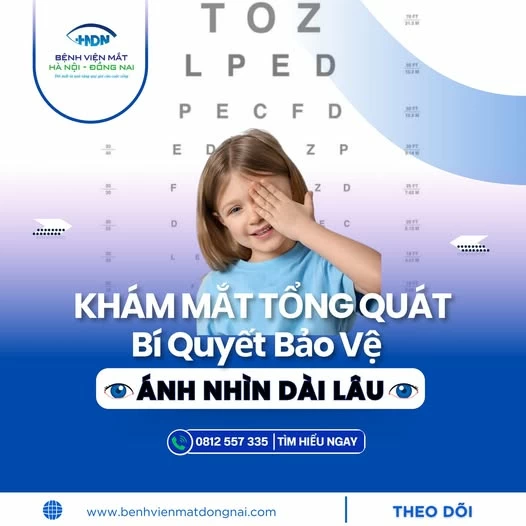 |
| Children need regular eye exams to detect and treat eye diseases early. |
Eye training is not simply about improving eyesight. It is necessary to consider training the function of binocular vision to perfect the quality of vision. The most popular today is training on the Synophtophore machine, a macular stimulation machine.
Hyperopia alone does not cause degenerative damage to the fundus. Only cases of hyperopia due to underdeveloped eyeball or hyperopia associated with other structural disorders of the eyeball cause damage to the fundus.
Visit an experienced ophthalmologist and a reputable medical facility to keep your eyes healthy.
Hanoi - Dong Nai Eye Hospital. Address: No. 418 Pham Van Thuan Street, Tam Hiep Ward, Bien Hoa City, Dong Nai Province. Hotline: 0251.8823.288 - 0812.557.335.
Minh Khue
Source: https://baodongnai.com.vn/xa-hoi/y-te/202505/chuyen-gia-nhan-khoa-giai-dap-thac-mac-ve-benh-vien-thi-e215323/





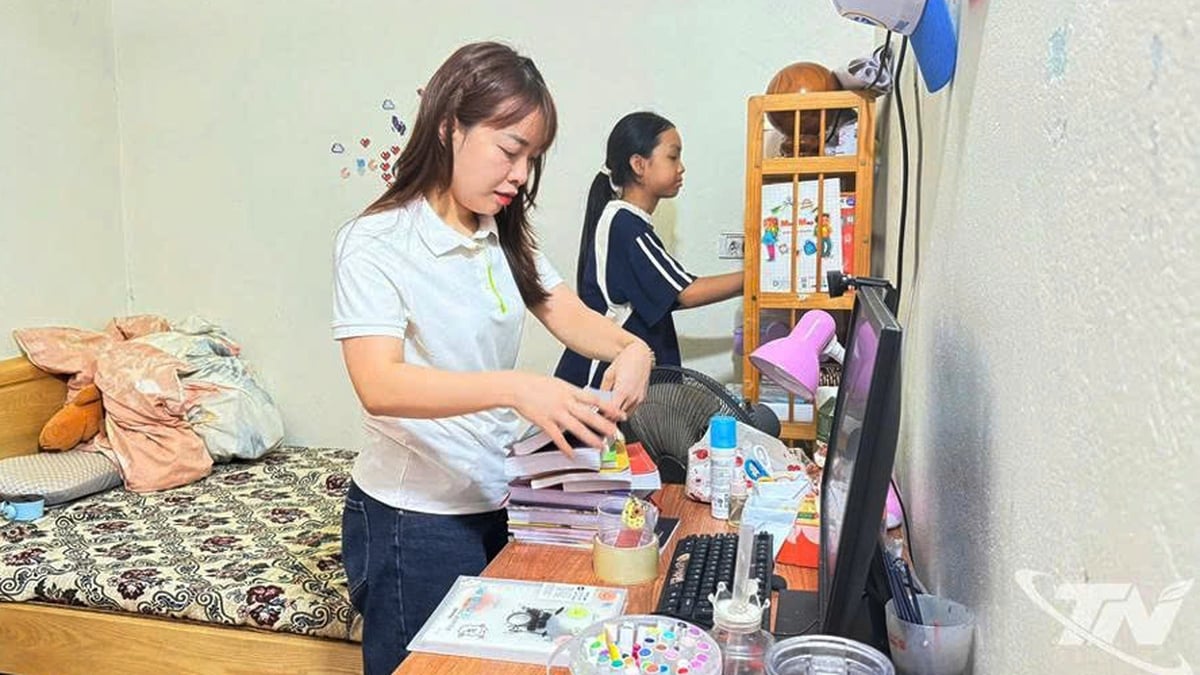



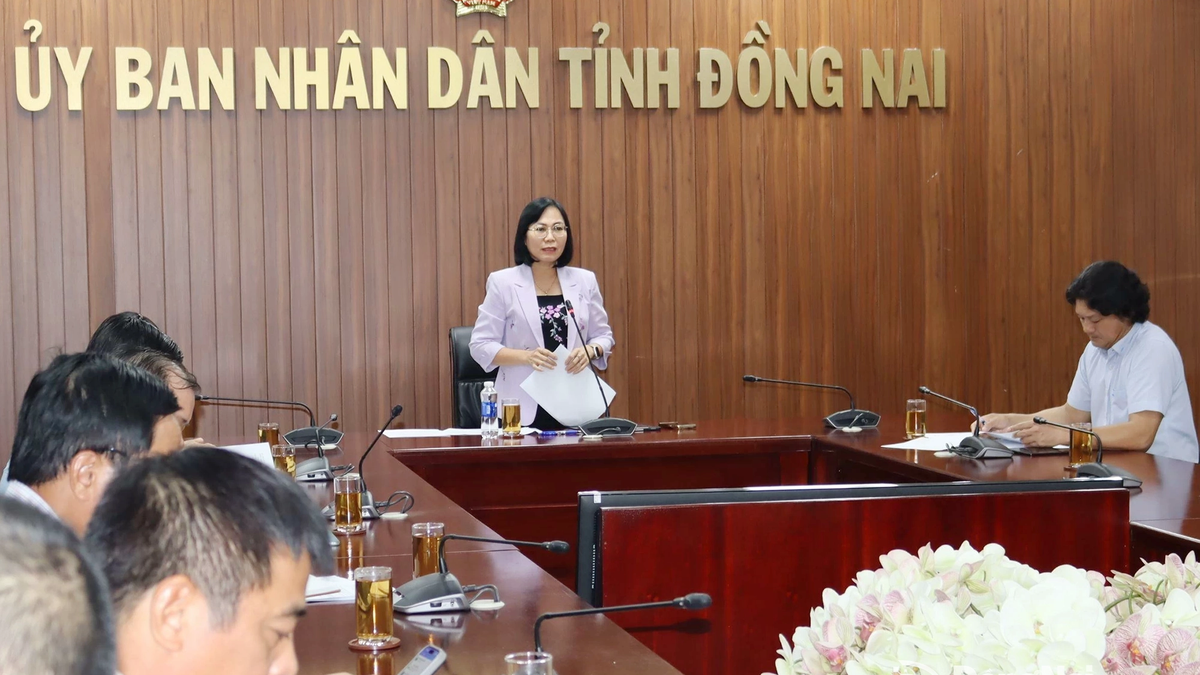



















































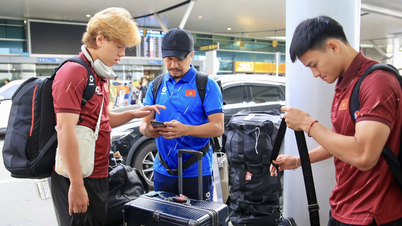








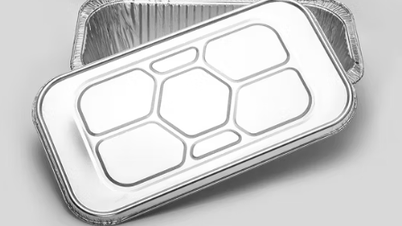

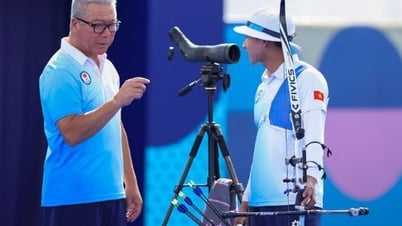




























Comment (0)